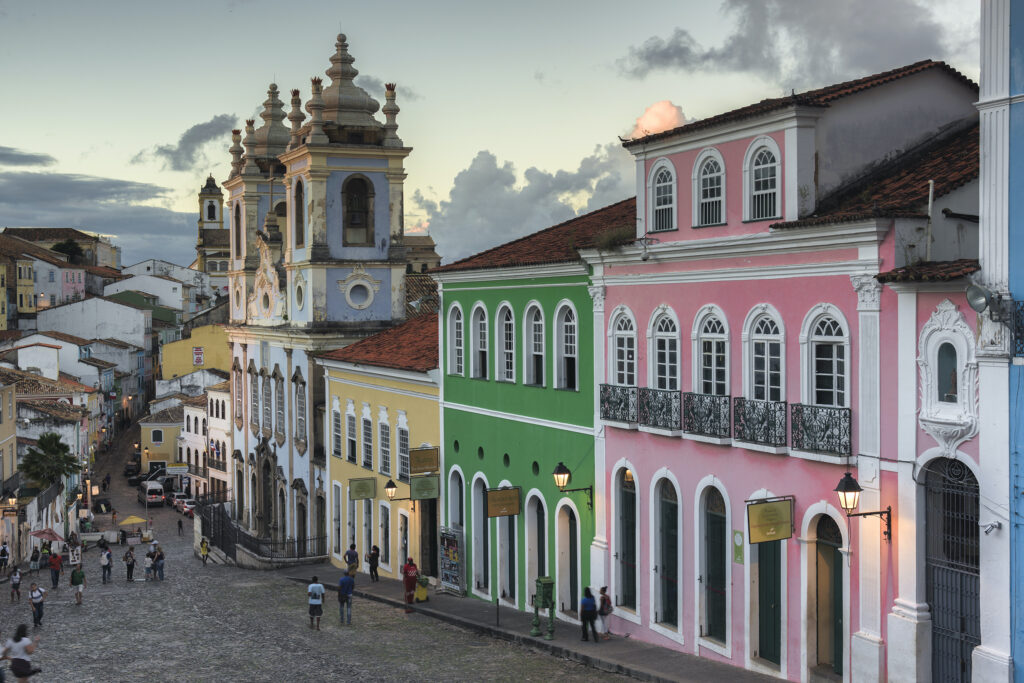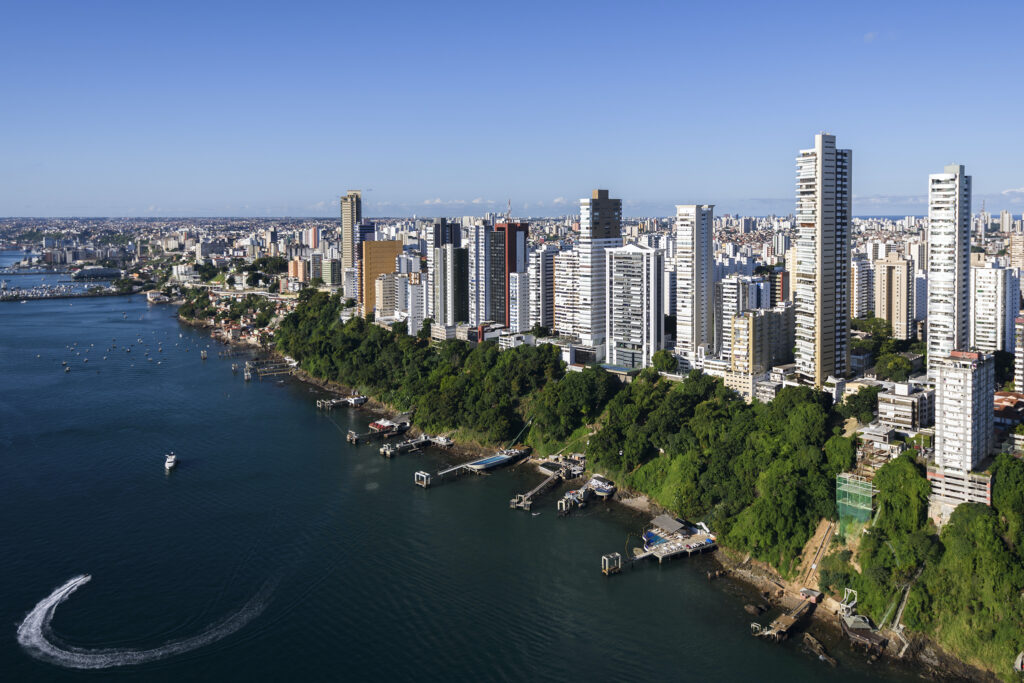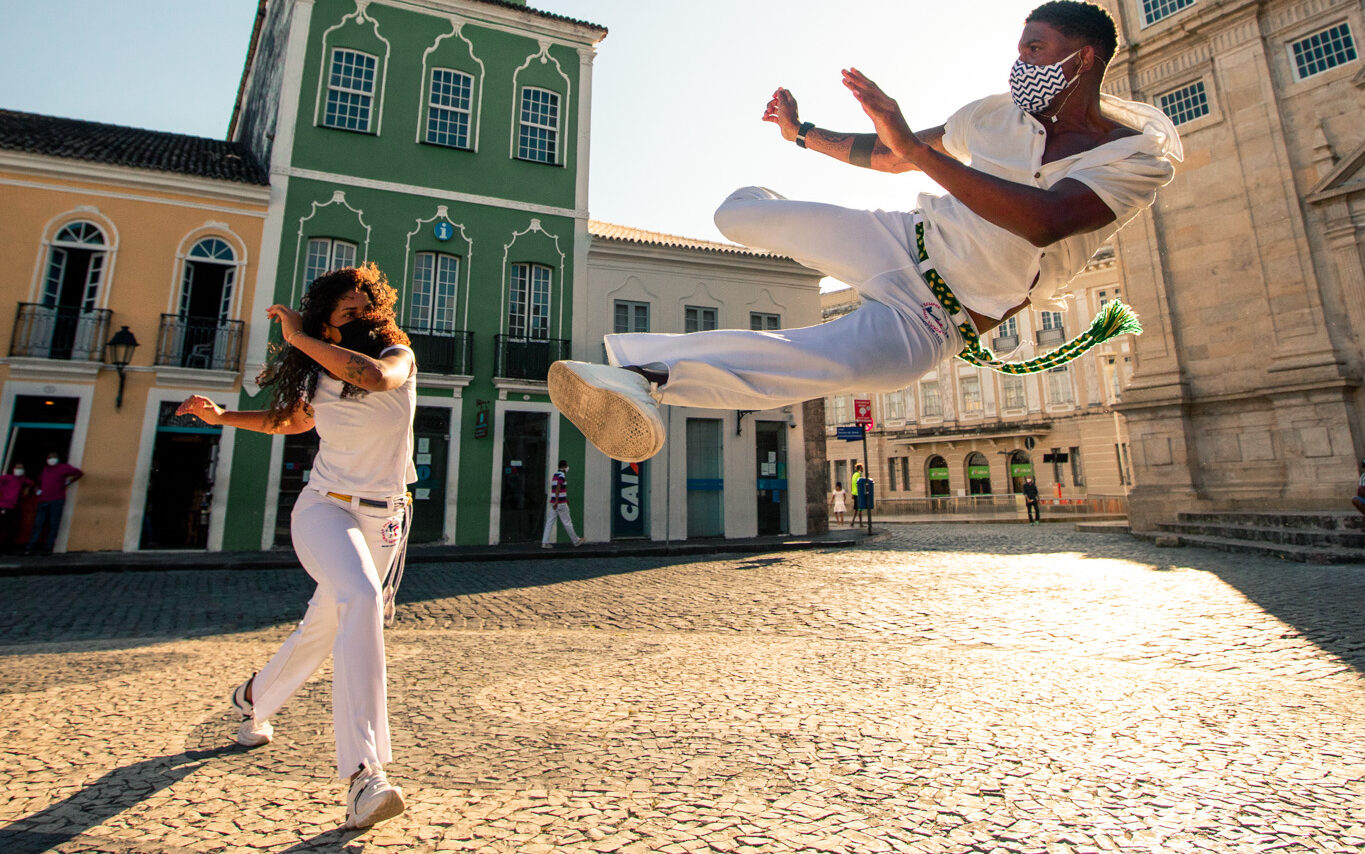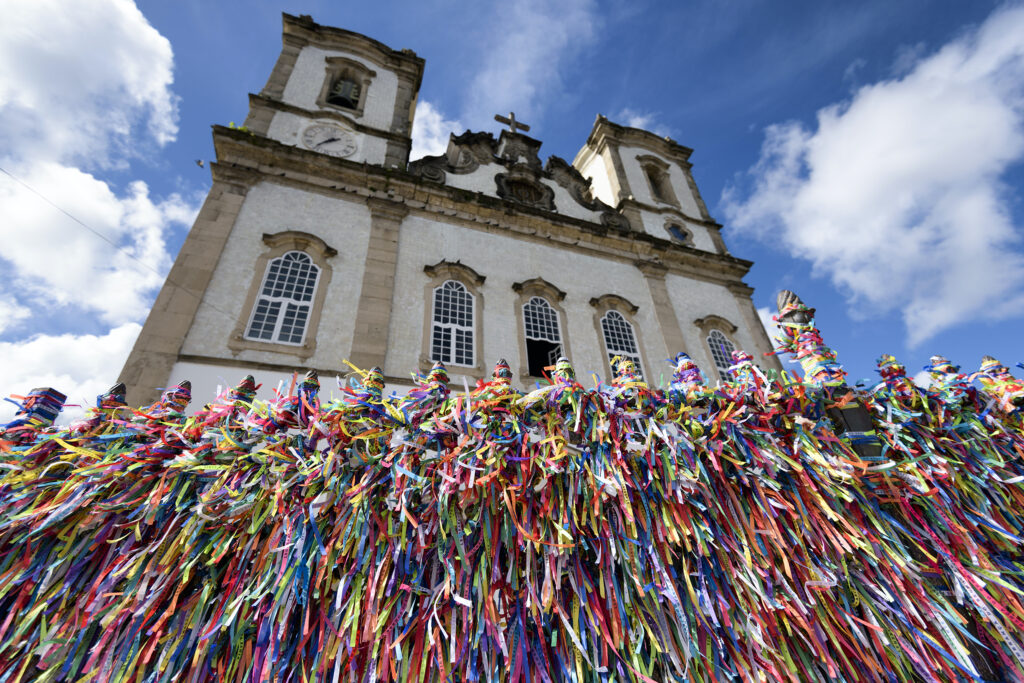Welcome to the vibrant streets of Salvador de Bahía, where the echo of samba rhythms intertwines with the whispers of a rich colonial past. Beyond the sun-kissed beaches and lively Carnival celebrations, Salvador holds a treasury of historical gems waiting to be discovered.
Join us on a journey through time as we unveil 10 fascinating historical facts that paint a vivid picture of this Brazilian jewel. From being the first capital of Brazil to the Afro-Brazilian influences that shape its culture, Salvador de Bahía is a city where every cobblestone tells a story. Let’s venture beyond the postcard images and explore the captivating history that makes Salvador a cultural mosaic like no other.
Pelourinho’s UNESCO Heritage:
Salvador de Bahía is home to Pelourinho, a historic district that is a UNESCO World Heritage Site. The cobblestone streets and vibrantly colored colonial buildings make it a visually stunning area, rich in cultural and historical significance.

First Capital of Brazil:
Salvador de Bahía was the first capital of Brazil, serving as the seat of the Portuguese colonial administration from 1549 to 1763. This historical legacy is reflected in the city’s architecture, traditions, and diverse cultural influences.
African Influence:
Bahia has a significant Afro-Brazilian population, and this influence is deeply embedded in the city’s culture. The rhythms of samba, the colorful costumes of Carnival, and the rich culinary traditions all bear the imprint of African heritage.
Elevador Lacerda:
The Elevador Lacerda, inaugurated in 1873, is one of the first urban elevators in the world. Connecting the lower and upper parts of the city, it provides breathtaking views of the All Saints Bay and is an iconic symbol of Salvador.

Oldest Carnival Celebration:
Salvador’s Carnival is one of the largest and oldest street parties in the world. It attracts millions of visitors each year who revel in the lively music, dancing, and elaborate costumes. The party lasts for days and is a true spectacle of Brazilian culture.
Capoeira’s Birthplace:
Capoeira, a Brazilian martial art that incorporates elements of dance and music, is said to have originated in Salvador de Bahía. Developed by African slaves, it served as a form of resistance and self-defense during a dark period in Brazil’s history.

Mercado Modelo’s History:
The Mercado Modelo, a bustling market in Salvador, was originally a customs house and slave market during the colonial era. Today, it is a vibrant marketplace where visitors can find a wide array of local crafts, spices, and souvenirs.
Bonfim Church and Ribbons:
The Senhor do Bonfim Church is famous for its colorful ribbons tied to its gates. Pilgrims tie these ribbons, known as “fitinhas,” while making three wishes. Tradition holds that the wishes will come true once the ribbons wear out and fall off.

Lacerda Cinema:
Opened in 1950, the Lacerda Cinema in Salvador de Bahía was one of the first cinemas in Brazil and holds historical significance in the development of the country’s film industry.
First Printing Press in the Americas:
The first printing press in the Americas was brought to Salvador de Bahía in the 16th century. It played a crucial role in disseminating information and shaping the intellectual and cultural landscape of colonial Brazil.
As we unravel the historical tapestry of Salvador de Bahía, it becomes evident that this city is not merely a destination; it’s a living, breathing testament to centuries of culture, resilience, and joy. Now, imagine immersing yourself in the azure waters of Bahía, surrounded by the echoes of capoeira beats and the vibrant spirit of Carnival. OCEANMAN Bahía is not just a race; it’s an opportunity to write your own chapter in the city’s storied history. Join us, fellow adventurers, as we invite you to be a part of this unique experience.

